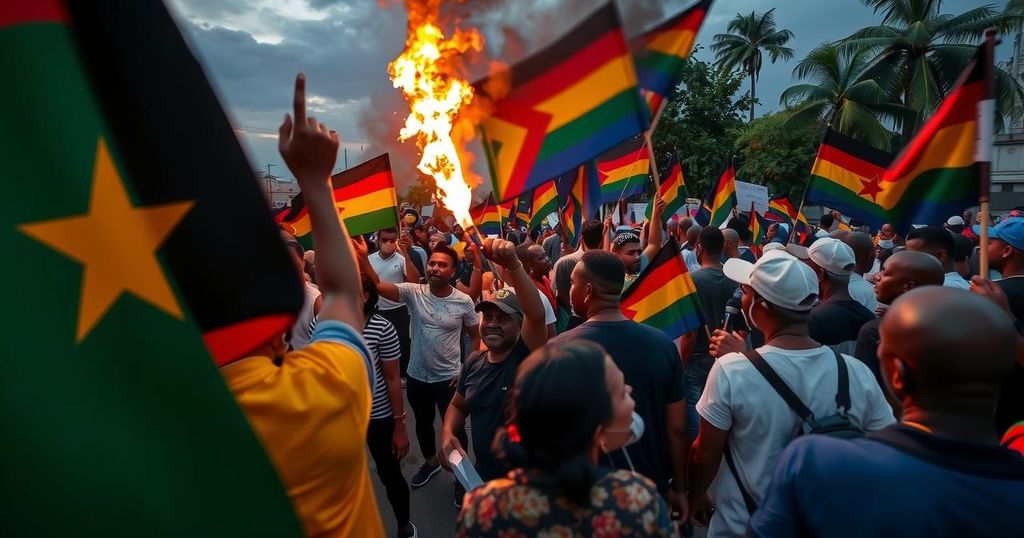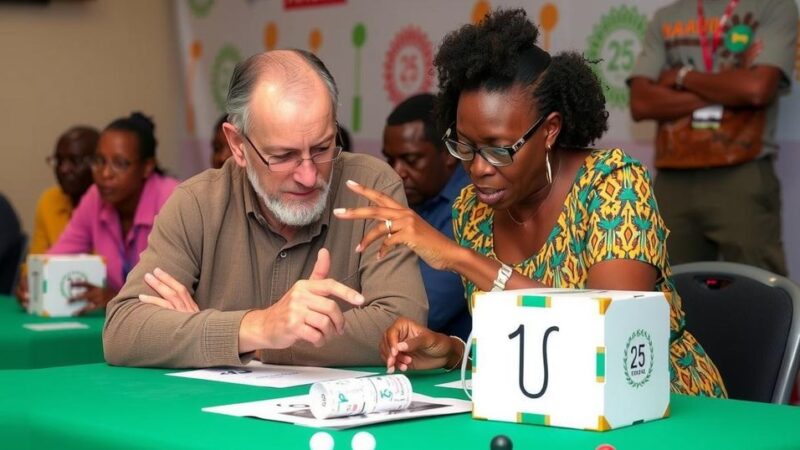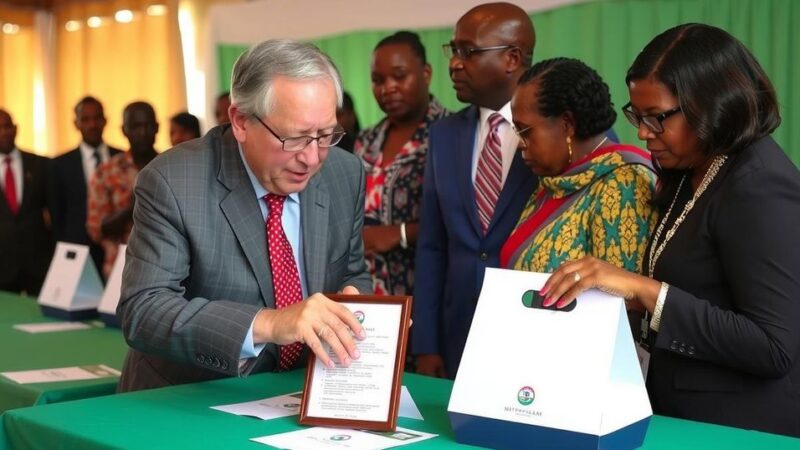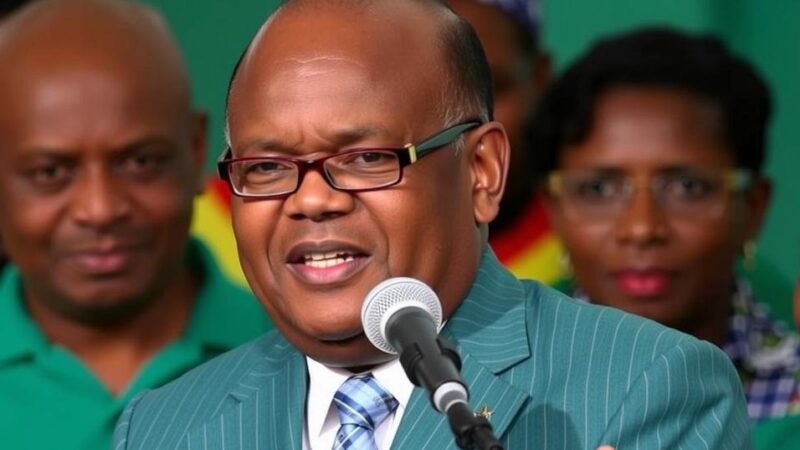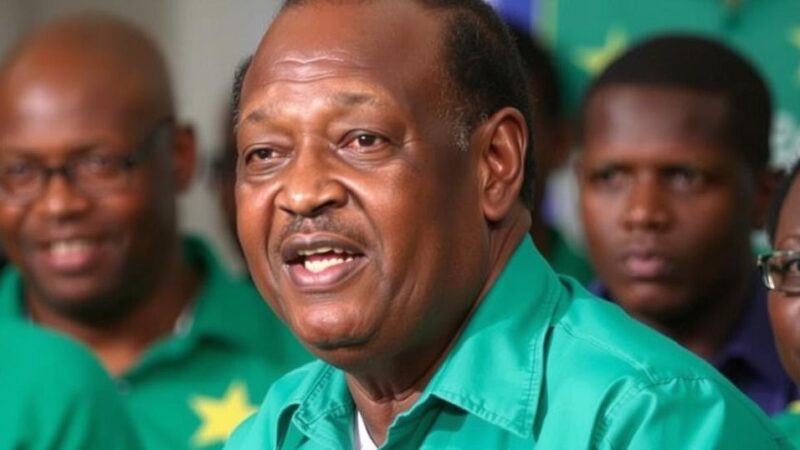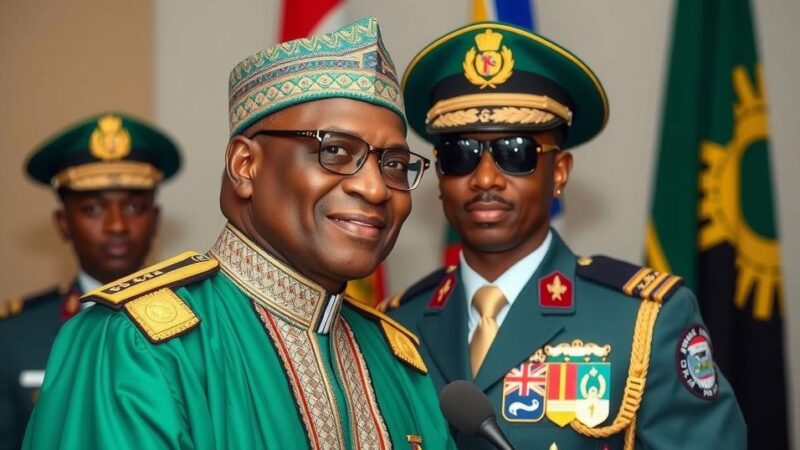In Mozambique, an opposition lawyer and a party official were shot and killed as tensions rise over disputed election results favoring the ruling Frelimo party. The Podemos party has rejected the provisional results and is calling for protests, raising concerns about potential violence. Human rights groups are alarmed by the increasing threats to political opposition.
In a tragic escalation of violence in Mozambique, an opposition lawyer and a political party official were fatally shot during an attack on their vehicle, intensifying the atmosphere of unrest surrounding disputed election results. The victims were identified as Elvino Dias, a legal representative for the Podemos party, and Paulo Guambe, a party official. This incident occurred on Saturday in the Bairro da Coop neighborhood of the capital city, Maputo, on the eve of planned nationwide protests against the election outcomes. The Podemos party, led by presidential candidate Venâncio Mondlane, has vocally opposed the provisional results released by electoral authorities which indicate a likely success for the ruling party, Frelimo, in the elections taking place on October 9. The Podemos leadership has announced a nationwide strike set for Monday in response to what they describe as electoral fraud. Adriano Nuvunga, director of Mozambique’s Center for Democracy and Human Rights (CDD), condemned the attack, describing the killings as a “brutal assassination” carried out with “cold-blooded murder,” stating that approximately 10 to 15 bullets were discharged, resulting in the immediate deaths of Dias and Guambe. Human Rights Watch also corroborated accounts of the incident, emphasizing the alarming trend of violence against political opponents in the country. Currently, the Frelimo party, which has governed Mozambique for over fifty years, dominates all eleven provinces according to the latest electoral tallies, and its candidate, Daniel Chapo, is anticipated to claim victory. Nevertheless, various monitoring organizations have raised serious concerns regarding the integrity of the electoral process, citing incidents of vote-buying, intimidation of voters, discrepancies in voter registration lists, and an overall lack of transparency in vote counting. Full results from the election are expected to be released on October 24. Given the history of violent responses to protests in Mozambique, particularly in the aftermath of local elections last year where security forces opened fire on demonstrators, there are growing fears that the upcoming protests could lead to further bloodshed.
Mozambique has faced ongoing political tensions primarily due to the longstanding dominance of the Frelimo party, which has been in power since the country transitioned to a multiparty democracy in 1994. The recent electoral events and allegations of fraud have exacerbated public discontent, particularly among opposition figures and their supporters. The Podemos party, a relatively new political entity, has emerged as a critical voice against perceived electoral malpractices, advocating for democratic integrity. Historical patterns of violence against political dissent in Mozambique add urgency and gravity to current events, necessitating careful observation as the situation unfolds.
The violent assassination of a lawyer and party official in Mozambique underscores the escalating tensions surrounding the electoral process and the challenges to democratic governance within the country. As the Podemos party prepares for protests against the disputed election results, the potential for further violence raises significant concerns for civil society and the international community. The situation illustrates the critical need for robust mechanisms to ensure electoral integrity and the safety of political actors in Mozambique.
Original Source: www.theguardian.com

